
The Hub. Submit your story.
Public Health Liberation wants to hear your stories.
Scroll to bottom of page to submit
Public Health Liberation is dedicated to elevating public health to be aligned with everyday experiences with health. This includes creative expression, news aggregation, and storytelling. We believe that pathways for improved community health is deeply embedded in being receptive and responsive to diverse human expression, communication, and needs. Public Health Liberation deeply values the indispensable role and contribution of women as the gateway for achieving health equity.
We want to share your story on health and well-being. We accept all perspectives and creative forms. We just require that your work is original and publishable on our website. We can also link to sources that you find compelling and relevant. Email info@publichealthliberation.com
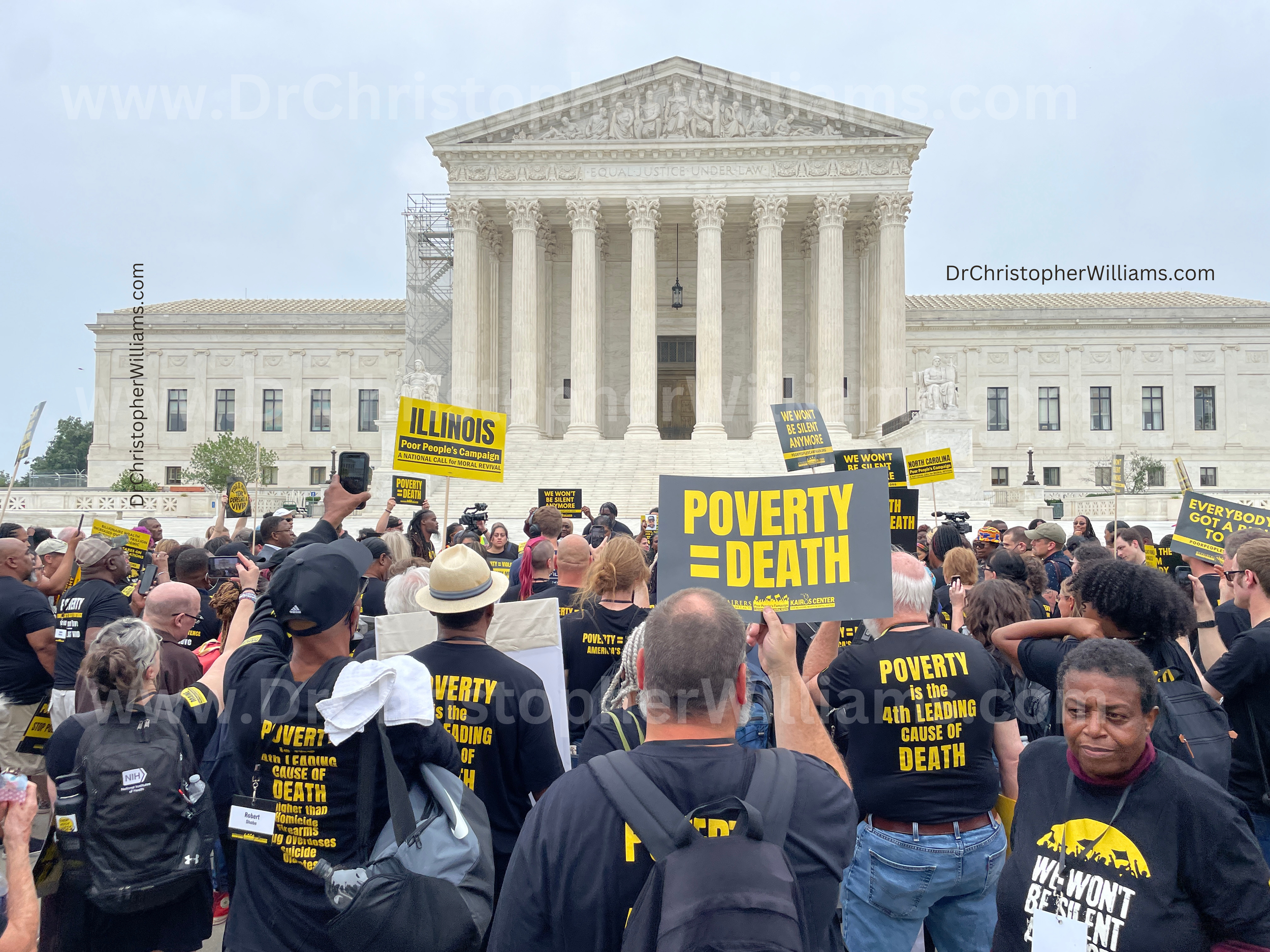
Public Health Economic Analysis
Racial equity laws can be highly beneficial but depends on the overall health of the public health economy. An example from Washington, DC is instructive to elucidate the concept of the public health economy. This economy contrasts with the traditional growth and employment economy. Public health economic theory levels with the political, economic, and social realities to enrich public health understanding of health inequity reproduction. While it takes public health well beyond its traditional disciplinary boundaries, the notion of the public health economy seeks fuller explanations for persistent disparities.
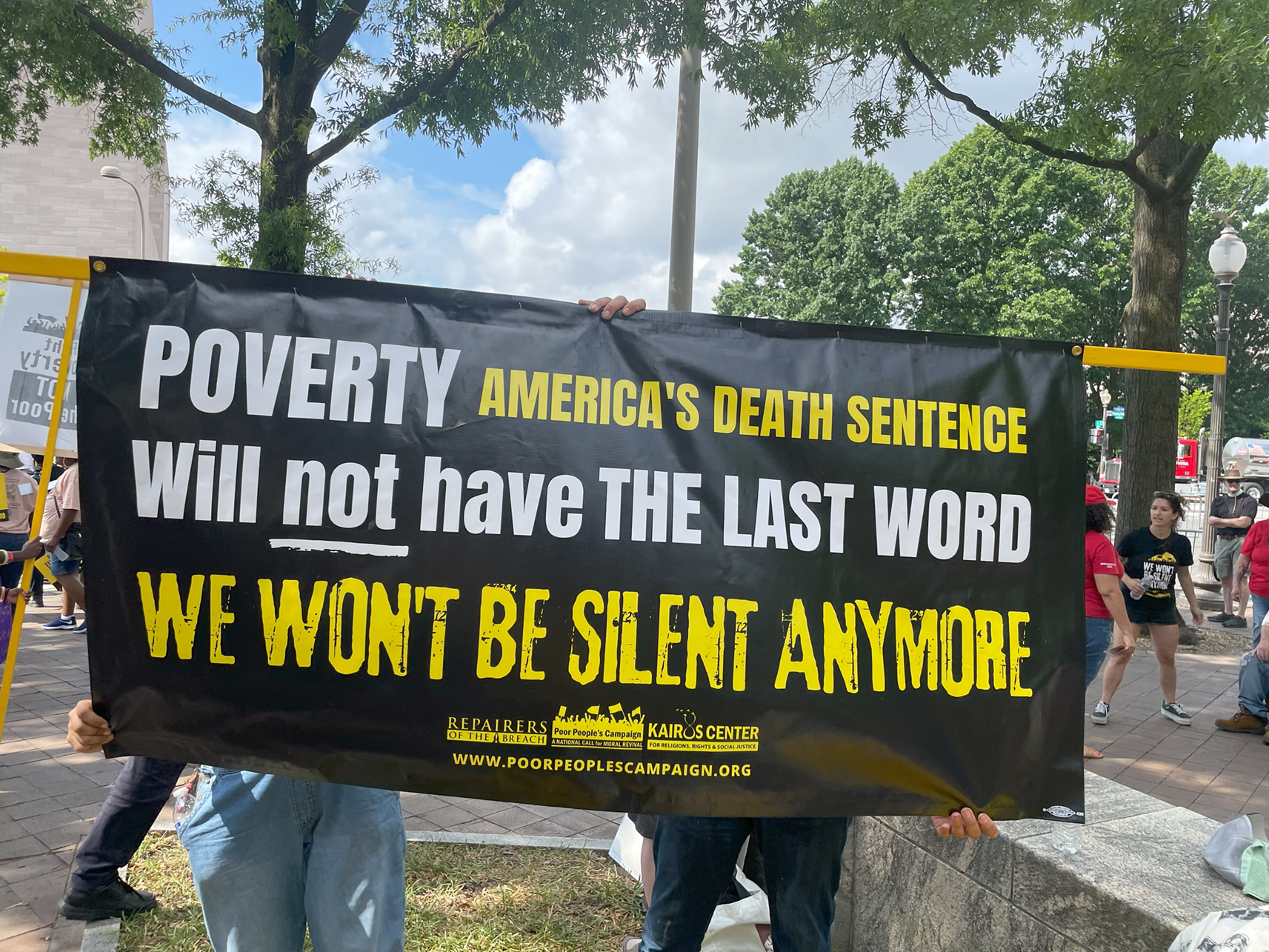
Public Health and Historical Perspectives on the June 29th Poor People’s Campaign
The Poor People’s Campaign recently held its Mass Poor People’s & Low-Wage Workers’ Assembly and Moral March on June 29th in Washington D.C. Led by Rev. Dr. William Barber II and Rev. Dr. Liz Theoharis, the event featured speakers from affected populations, religious, labor, activist, and lay groups. They shared personal and community challenges caused by stark economic, political, and social inequality in the US. This article briefly contextualizes the Poor People’s Campaign from two major perspectives – public health theory and practice and historical. It argues that failure of the political establishment to respond to calls for social reform is likely to carry unacceptable costs – the threat of deepening inequality and civil unrest, even war.
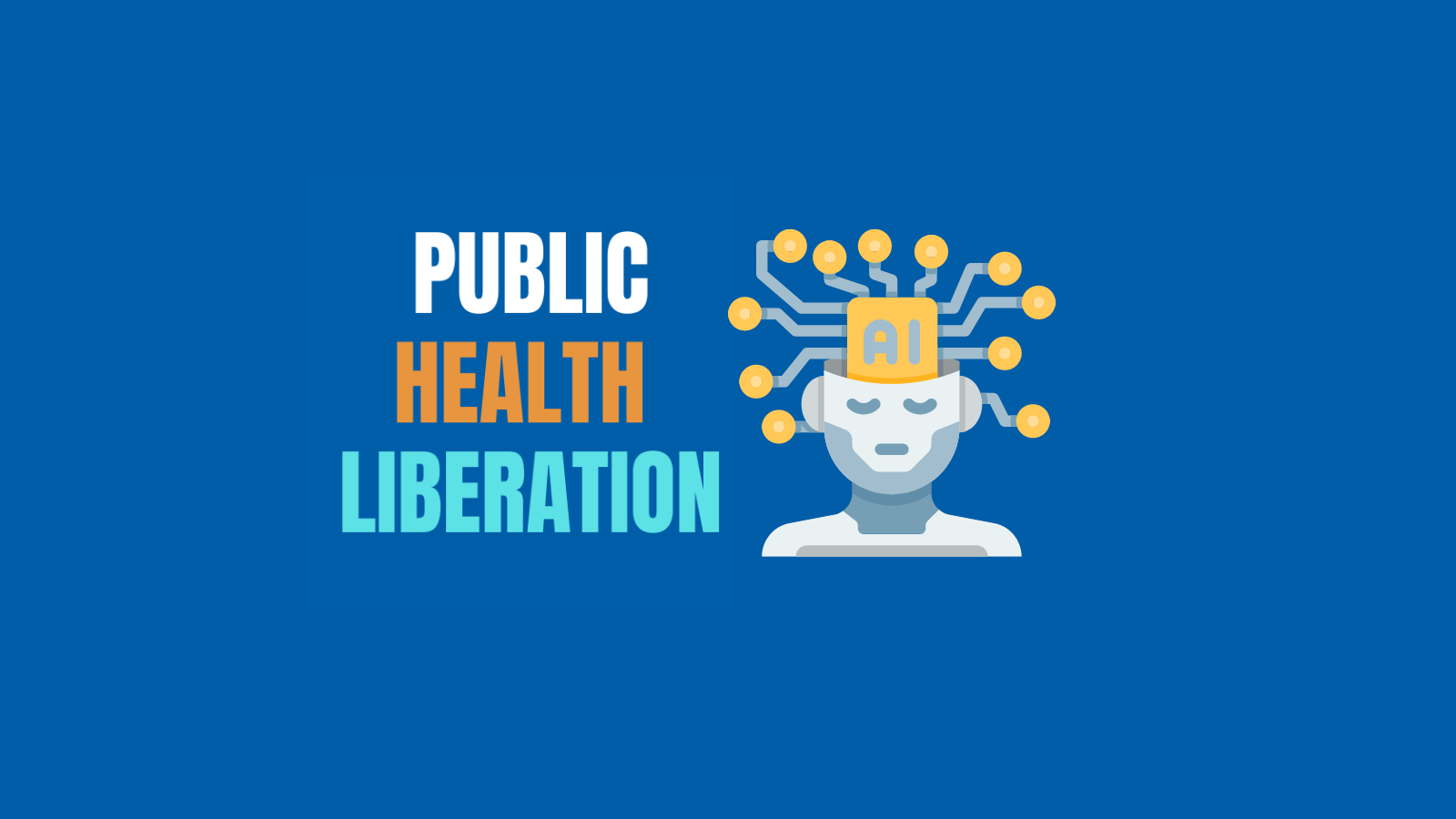
AI Series: A Persuasive Essay on Embracing Public Health Liberation and the Public Health Economy
The field of public health is at a critical juncture, with persistent health inequities demanding innovative approaches to understand and address the root causes of these disparities. Public Health Liberation (PHL) offers a groundbreaking perspective on the public health economy, providing a comprehensive framework for accelerating health equity. This essay aims to persuade you to study the public health economy as defined by PHL, emphasizing its potential to transform public health research and practice.

AI Series: Public Health Economy
We asked AI five essential questions about Public Health Liberation theory.

Public Health Liberation: Summary
Public Health Liberation (PHL) is a new approach to public health that aims to achieve health equity. The authors argue that the "public health economy" as a single analytic lens elucidates the contradictions and tensions that reproduce vast health inequity. The authors draw upon leadership experiences with contemporary issues and community perspectives, making this discussion relatable to non-academicians and bridging academic and popular discourse. Black women constitute a majority of the paper's authors.

Words Matter: Public Health Economy vs. Ecosystem
Public Health Liberation (PHL) theory instigated a debate as to the appropriate conceptual framing of public health. The PHL notion of the Public Health Economy contrasts with other conceptualizations, including the “public health ecosystem”. This debate is important because PHL posits that the Public Health Economy is a major economy equal to the traditional economy in significance and compelling government interest. This article argues that the Public Health Economy has many advantages over the “public health ecosystem” in theory and practice. The Public Health Economy best positions public health to achieve health equity and justice by recognizing that societal structures are failing to produce health outcomes consistent with growth and economic expansion. Transdisciplinary transformation à la Public Health Liberation theory wherein public health assumes leadership across the Public Health Economy is the new frontier of health equity.
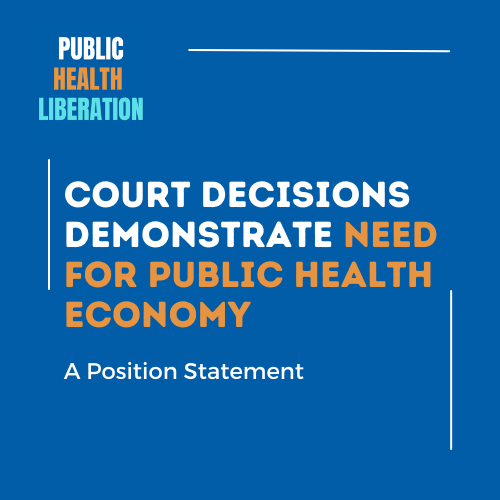
Court Decisions Demonstrate Need for Public Health Economy
Public Health Liberation (PHL) is a membership nonprofit organization that seeks to accelerate health equity through understanding and affecting the Public Health Economy. There exist two major distinct but interdependent economies - the traditional growth economy and the Public Health Economy. The concept of the Public Health Economy is intended to broaden our view of the structural determinants of health through practice-based learning and transdisciplinary synthesis.1 The inaugural PHL manuscript characterized fundamental features of the Public Health Economy. PHL members represent communities of practice that would most benefit from better performance in this economy. A radical reconceptualization of public health theory-building, training, and research is warranted.
Recently, PHL members gathered in solemn reflection upon the Court's sweeping decisions on reproductive rights, affirmative action, treatment of LGBTQ+ populations, and the Bruen decision in 2022. We are experiencing many heightened fears about our short- and long-term health, safety, and liberty. Chief among them are the diminishing educational and employment opportunities for disadvantaged families of all backgrounds and the immediate health effects on women, particularly women of color. Social division, national disunity, and false narratives on colorblindness are disconcerting. The role of the Dred Scott decision in 1857 is instructive of the potential course of the nation. Ideological purity, gun violence, and eroding constitutional protections pose grave threats to the Republic and the Public Health Economy.

City Spending on Policing: Regression Analyses
Public health faces challenges in securing budget priorities. Often, public spending on policing garners a major share of city budgets. It is imperative for public health to understand more about budgeting to gain a foothold when engaging with policymakers. This study relied on results from regression analyses that suggested that policing funding is associated with income, age, and racial groups. Further research is needed to understand how these groups figure into policy deliberations.

Why So Little Transparency in Public Health Grant Spending?
The lack of transparency in public health federal grant funding poses a major threat to the viability of public health to meet challenges in health and data equity. Websites for federal grant agencies do not contain ready access to successful applications, grant reports, related tools, and datasets. While much of these data can be obtained through a Freedom of Information Act (FOIA) request, federal FOIA offices exercise considerable latitude to place limitations on public access. For example, I recently FOIA’ed to obtain the application for a $3.5 million funded federal grant application on LGBTQ+ mental health. The FOIA officer redacted 382 pages in full and only released 116 pages. The results provided the core of the grant activities, including consent forms and some assessments. The remaining 300-plus document was not released due to “trade secrets and commercial or financial information” and “information in personnel and medical files and similar files”. To gather data on any regular submitted reports to the agency or other pertinent information, I would need to submit a separate FOIA request. These practices that erect barriers to public data - the data that would be available under a FOIA request - is a hinderance to public health innovation.

Former CDC Directors on the Public Health Economy: Infrastructure is Broken
Former CDC directors gathered in April 2022 to discuss the state of the Centers for Disease Control and Prevention (CDC) - the leading federal public health research and response agency in the US. The Covid pandemic raised the profile and public criticism. They mostly limited their discussion to the traditional public health infrastructure of surveillance, public health research, and emergency preparedness and response. Their critical assessment of the CDC can be extrapolated to support Public Health Liberation (PHL) theory on disorder in the public health economy, which contravenes the public health commitment and capacity to address health inequity. Accelerating health equity particularly by income and race is the mission of Public Health Liberation. The challenges within the CDC are structural, political, and cultural, encumbered by underfunding and a lack of mission-driven strategic focus. By its own admission, “The Centers for Disease Control and Prevention (CDC) faces structural and systemic operational challenges, which were exacerbated during the COVID-19 pandemic…However, since the pandemic, we also acknowledge that CDC is responsible for some large, public mistakes.”
Their discussion highlights the interaction of the political economy with public health aims and provide evidence of the assumptions of public health realism that posits hyper-competition and tensions to explain constraints on the CDC and the public health economy broadly. Rick Berke, Co-Founder and STAT Executive Editor moderated a critical dialogue among Bill Foege (CDC Director, 1977 to 1983), Tom Frieden (CDC Director, 2009 to 2017), Julie Gerberding (CDC Director, 2002 to 2009), Robert Redfield, (CDC Director, 2018 to 2021), and Bill Roper (CDC Director, 1990 to 1993). The purpose of this essay is to ground CDC challenges within PHL theory and practice.
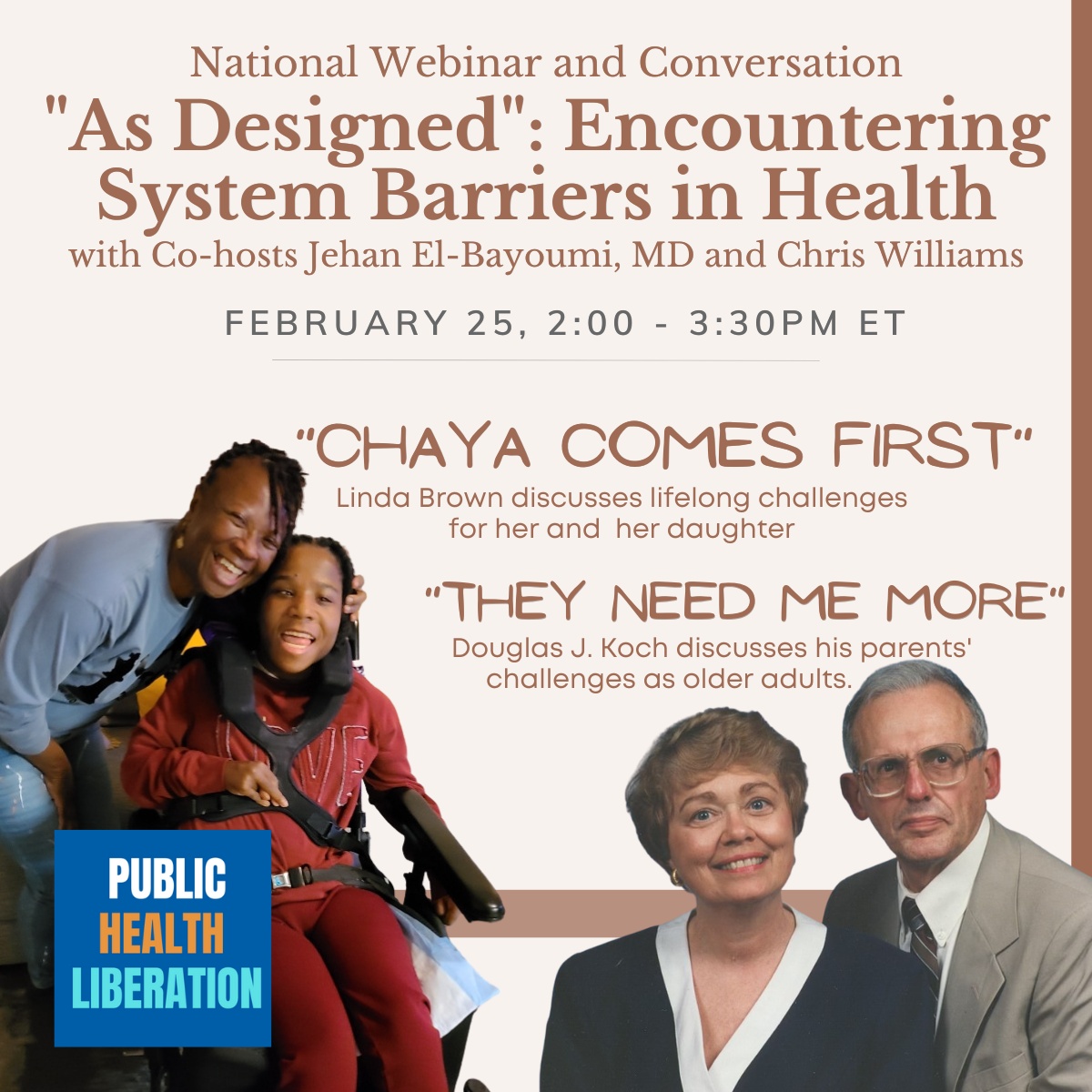
Insight into the Public Health Economy: Perspectives from Seniors and Disability Populations (Part 1)
By Christopher Williams
Founding Director, Public Health Liberation
I recently took an opportunity to rewatch our inaugural national webinar from February 25, 2022, entitled, “As Designed": Encountering System Barriers in Health - A National Webinar and Conversation”. Dr. Jehan El-Bayoumi co-hosted with guests Linda Brown and Doug Koch, EdD. Linda is a senior and public housing community leader in Washington, DC who takes care of his adult daughter with cognitive and physical disabilities. Doug is Associate Director of Teaching and Learning for the Medical Education Center of Excellence at PCOM's Philadelphia location. He takes care of his aging parents in a suburb outside of Philadelphia, Pennsylvania.
The first essay in this series discusses my reflections on Doug Koch’s contributions to our first webinar. I discuss my three major takeaways: Supporting Humanistic Public Health, Aging is Collective Responsibility, and Structural Barriers.

Liberación en Salud Pública: una transdisciplina emergente para dilucidar y transformar la economía de la salud pública
La Liberación en Salud Pública (PHL por sus siglas en inglés) es una innovadora teoría general de la salud pública orientada a acelerar la equidad en la salud. Este artículo proporciona una rica síntesis de tradiciones filosóficas, teorías novedosas y enfoques para establecer las bases de una nueva transdisciplina de salud pública. Los autores argumentan que la “economía de salud pública” como lente analítica única aclara las contradicciones y tensiones que reproducen una vasta inequidad en la salud. Elaborado por la mayoría de las mujeres negras, las experiencias y perspectivas de la comunidad son una fortaleza importante de este artículo porque se inspiran en experiencias de liderazgo con temas contemporáneos.

#ProtectBlackWomen
I recently met Dr. Stacy Scott at a Starbucks in Washington, DC. After admiring her handbag embossed with the words, “Protect Black Women” from afar for the better part of 15 minutes, I knew that I had to introduce myself. After wrapping up my conversations, I approached Dr. Scott to ask if I could take a picture of her and her bag. I was elated that she said “yes” without hesitation. I was so delighted that we both shared a commitment to health equity. Like me, she wears many hats - Executive Director of Baby 1st Network and works with the Global Infant Safe Sleep (GISS) Center and National Insitute for Children’s Health Quality. The mission of the Baby 1st Network is to provide educational materials and support to mothers and families to reduce the incidence of Sudden unexpected infant death (SUID), as well as services to families who have experienced the loss of an infant less than one year of age. Dr. Scott can be found on Facebook, Twitter, and Instagram.

It is Budget Season: Encouraging Public Health Liberation Theory and Practice
To achieve health equity, Public Health Liberation (PHL) posits that shared values and beliefs (philosophy) should broaden our understanding of causal factors (theories) and maximize the variety of tools and solutions (praxis), to include data-gathering (research) and community and student development (training). PHL resembles a “pluripotent” discipline - theoretically-rich, technically adaptive, and socially immersed. Practitioners are conversant in wide-ranging theories and worldviews needed to explain and affect the context that reproduces health inequity.
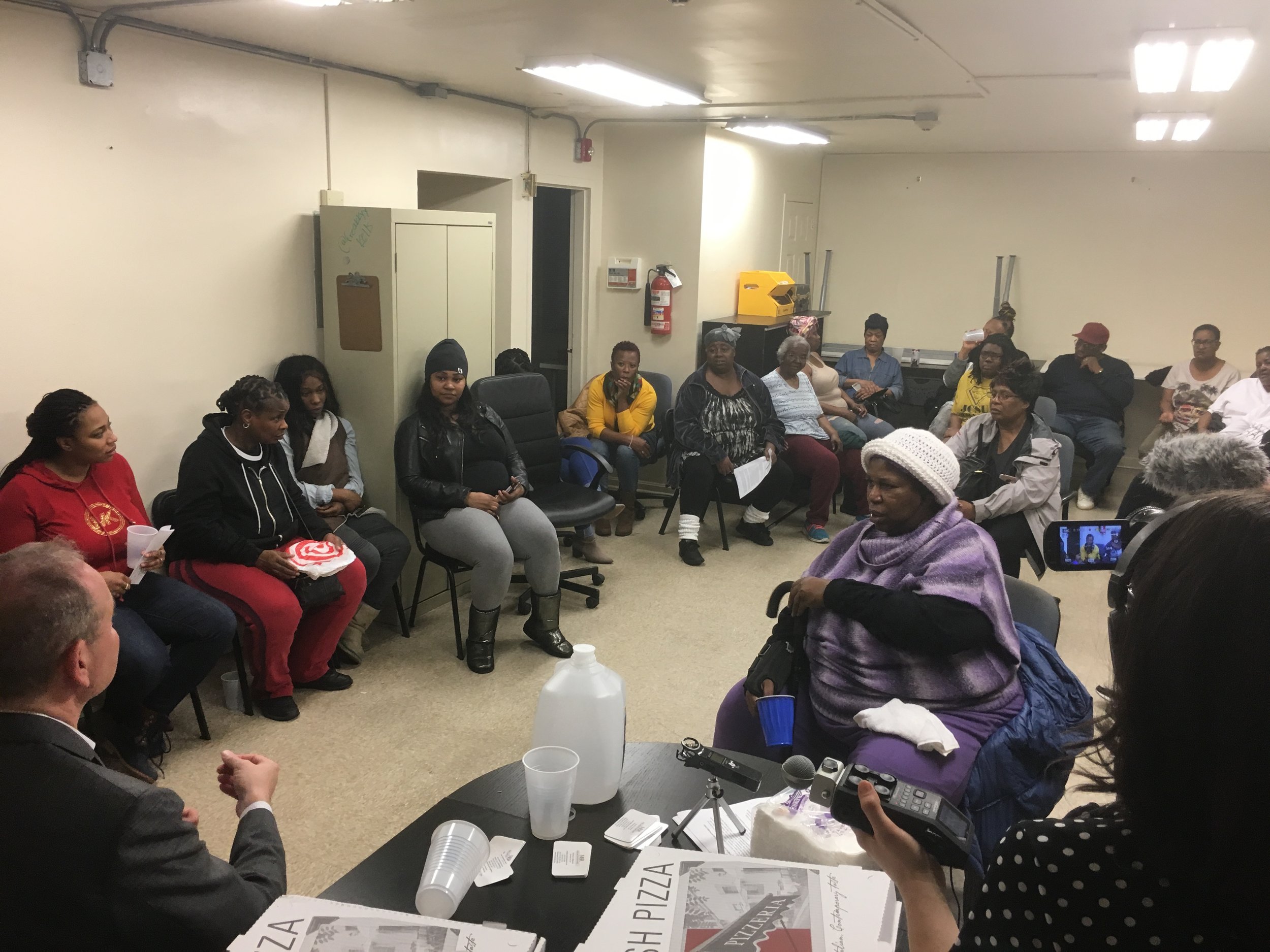
PHL Founder Publishes on Community-Led Research
PHL Founder Christopher Williams, a PhD candidate, recently published a framework on conducting community-based research in Advances in Clinical Medical Research and Healthcare Delivery. This approach benefits organizations seeking to identify community health needs and pathways for meaningful engagement.
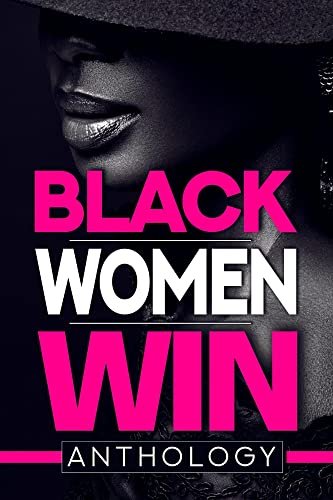
PHL Board Member Ebony Moody Centers Black Women’s Perspectives in New Anthology
Public Health Liberation Board Member Ebony Moody recently published an anthology of Black women’s life experiences. Black Women Win: Stories to Celebrate, Honor Salute, and Acknowledge Black Women presents ten amazing women who journeyed from tragedy to triumph. Representing many facets and walks of life, this anthology embodies tales of love, trauma, and victory. These stories uplift and showcase Black women’s successes and immense sacrifices that have been unseen, unheard, and swept under the rug for centuries. Sharing these stories breaks the chains of shame and guilt and opens paths of healing, gratitude and holistic health. This book was written to inspire women across the globe to pursue their heart-filled dreams and to defy the odds.
Creative Arts.
“Maybe, we the project”
University professor and poetess PS Perkins reminds us about the humanity and lived experiences of families who live in public housing communities. She read her poem, “When a House is Not a Home” at the PHL National Webinar and Conversation on Liberation Philosophy, Systems Thinking, and Social Determinants of Health.
Documentary on Gentrification Captures Community Voices
Prior to starting Public Health Liberation,, Christopher Williams began an unfinished documentary to capture community voices in this gentrifying neighborhood of Washington, DC.
Submit to The Hub.
Please use the form below to submit. If you would rather include an attachment, please email phlhubsubmit@gmail.com.
Terms and Conditions: Upon submitting, you agree that you are the copyright holder or otherwise are legally entitled to submit for publication in The Hub and that you are truthfully representing your true or legal identity with the contact information that you include with your submission. You agree that the content is not published elsewhere. Once you submit to The Hub, we retain the ability to publish on our website and other promotional materials. You may request to remove content at any time.


